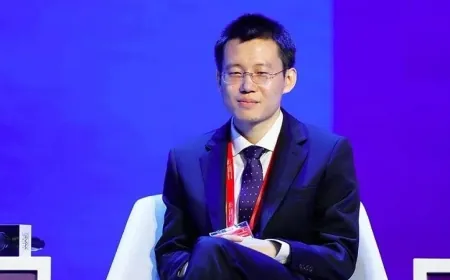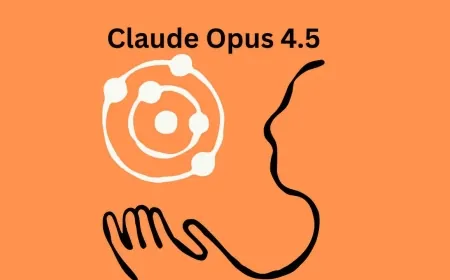Meta Wins FTC Antitrust Case Over Instagram and WhatsApp
A US federal judge ruled that the FTC did not prove Meta holds monopoly power today, ending the agency’s case to separate Instagram and WhatsApp from the company.

Meta has won its antitrust fight with the US Federal Trade Commission, ending a case that sought to force the company to separate Instagram and WhatsApp.
US District Judge James Boasberg ruled that the FTC did not prove that Meta holds monopoly power in social networking today.
The trial concluded in late May, and the judge issued his decision on Tuesday. The outcome contrasts with two recent federal rulings that found Google responsible for illegal conduct in search and digital advertising.
Judge Says FTC Failed to Prove Current Power
In his written order, Boasberg said the FTC built its arguments around older market conditions and older competitors.
He noted that the agency continued to describe Meta’s position as if the market had not changed since the early 2010s.
Boasberg wrote that even if Meta held a dominant position in the past, the FTC had to show that the company still holds that position now. The court concluded that the agency did not meet this requirement.
The FTC relied on statements from 2008, including one attributed to Mark Zuckerberg saying it was better to buy rising companies than compete against them. The agency said Meta followed that approach by tracking young platforms and purchasing those it viewed as threats.
Zuckerberg Questioned About Old Emails
During his testimony in April, Zuckerberg was asked about emails written before and after the purchase of Instagram.
He said the notes were written early in the review process and did not reflect the full reasoning behind the deal.
Boasberg wrote that the case was not about reconsidering the Instagram or WhatsApp acquisitions the FTC approved years ago. Instead, prosecutors had to prove an ongoing violation. The court said that standard was not met.
The FTC also argued that Meta used internal rules to make it harder for smaller companies to enter the market. The court found the agency did not show that these rules created present-day harm.
Market Changed Faster Than the Case
Boasberg wrote that the social media market has changed repeatedly since the FTC filed the lawsuit in 2020.
Early versions of the case did not mention TikTok at all. Today, TikTok is one of Meta’s strongest competitors in video and user attention.
The judge noted that it is no longer possible to sort apps into narrow categories such as “social networking” and “social media,” because features overlap and user behavior shifts from year to year.
Meta Welcomes the Ruling
Meta said the decision reflects the level of competition it faces.
Jennifer Newstead, the company’s chief legal officer, said Meta will continue investing in the United States and working with federal officials.
Industry analysts also said the ruling was expected. Minda Smiley of Emarketer said Meta has changed its products many times to keep pace with TikTok, especially in short-form video.
Also Read: EU Hits Apple & Meta with Over €700M in Fines for Breaking Digital Competition Rules
































































